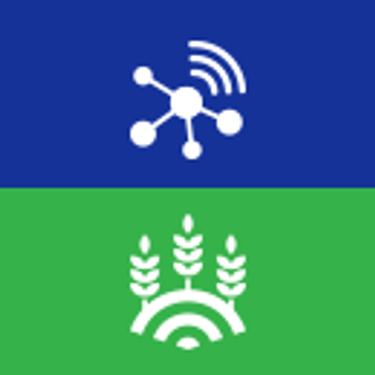
Alexander Berlin is a professional data business model
expert, digital transformer and startup developer on the European level. As CEO
and Founder of Berlin Thinking Consulting, he provides acceleration and
transformation services for tech startups and larger corporates pushing for
digitizing their business models through IoT technology.
Alexander is currently in charge of the business
support at the large scale IoT project IoF2020 and develops the next generation
data business models for the agricultural sector. He is an experienced EU
project manager and worked already on the development of a competitive European
entrepreneurial infrastructure at projects like FIWARE and @diversity. He is
part of advisory groups on the EU level and translates the needs of the IoT
ecosystem, startups and investors in Europe into economically reasonable
actions.
With Berlin Thinking
Social, Alexander is also actively supporting technological innovations for
humanitarian aid organizations like UNHCR, WFP and UNOCHA. He organizes
together with Techfugees, HackingAid (by HumanityX and PwC), FIWARE and other
partners, hackathons for the development of concrete technical solutions to
manage the refugee crisis or to coordinate humanitarian aid.
Sessions in which Alexander Berlin participates
Tuesday 18 June, 2019
Trust in Invisible AgentsWorkshopTuesday 18th JuneDuration 1hr 45m ------------------------------------------------------------------------------------------------------------------...
Trust in Invisible AgentsWorkshopTuesday 18th JuneDuration 1hr 45m------------------------------------------------------------------------------------------------------------------...
Wednesday 19 June, 2019
The second pillar finds its roots in the first one and would aim at highlighting the different impacts that are expected to be delivered by integrating IoT in the agri-food chain. IoT technologies in the agri-food sector address a set of economic, societal and environmental challenges. The potential for the sector is huge, but the implementation of such disruptive technology faces many challenges such as interoperability of the data, certification and standard...



